Takaful Alsham's CHS certification journey
Since the audit, we pay more attention to how we share information and set-up complaint channels.
March 2021
A group of volunteers established Takaful Alsham in 2012 to respond to the Syrian crisis and to alleviate the human suffering of people affected by the crisis. Since then, a growing team has worked to ensure equal rights, an opportunity to live in dignity and security, and to end human suffering. Takaful Alsham is certified against the Core Humanitarian Standard (CHS) on Quality and Accountability since 2020.
Takaful Alsham operates in Syria and Turkey to provide programmes in education, protection and youth empowerment, early recovery and livelihoods, emergency response, and food security for women, adults and children. COVID-19 has made it more difficult to work in both countries. In particular on the project level, Takaful Alsham had to adapt quickly: e.g. education programmes are now being conducted remotely or, where students meet in person, the necessary precautions are duly implemented.
An interview with Mohammed Ezeldeen, Head of quality control at Takaful Alsham.
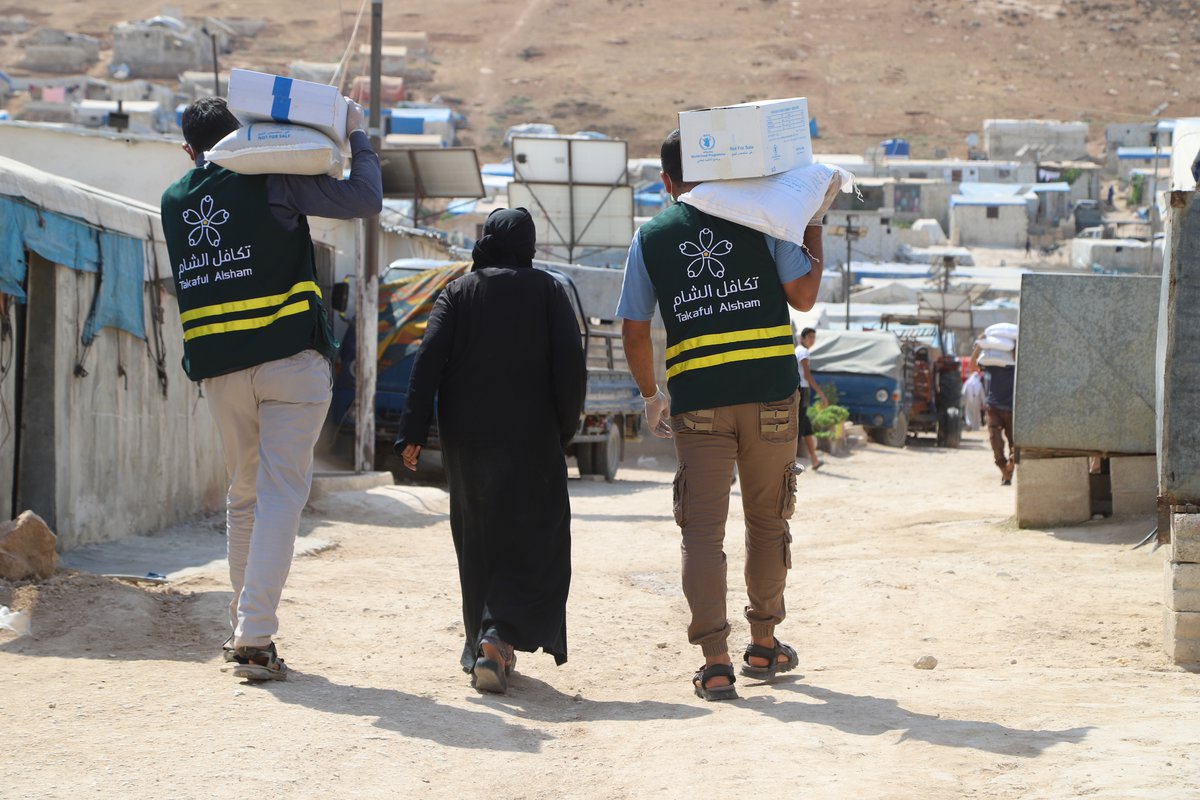
What were the reasons for Takaful Alsham to enter the CHS certification process in 2020?
Our first objective of getting certified was to receive an external review of the weaknesses and strengths of Takaful Alsham's systems and policies concerning the CHS. The CHS Alliance introduced us to HQAI for CHS certification. We applied to the Subsidy Fund and were granted a subsidy that made it possible for Takaful Alsham to enter the certification process.
Our second objective was to learn from the CHS certification. Meaning, we wanted to learn where we already apply the CHS correctly and where we can improve. Further, we aimed to enhance our accountability system overall and be more accountable to donors, partners, and members of the affected communities.
Previously, we had already used an external evaluation on the project level. But HQAI’s assessment is on the level of the humanitarian response and looks at organisational responsibilities, procedures and practices. It is very comprehensive, and we see this as the main value of CHS certification.
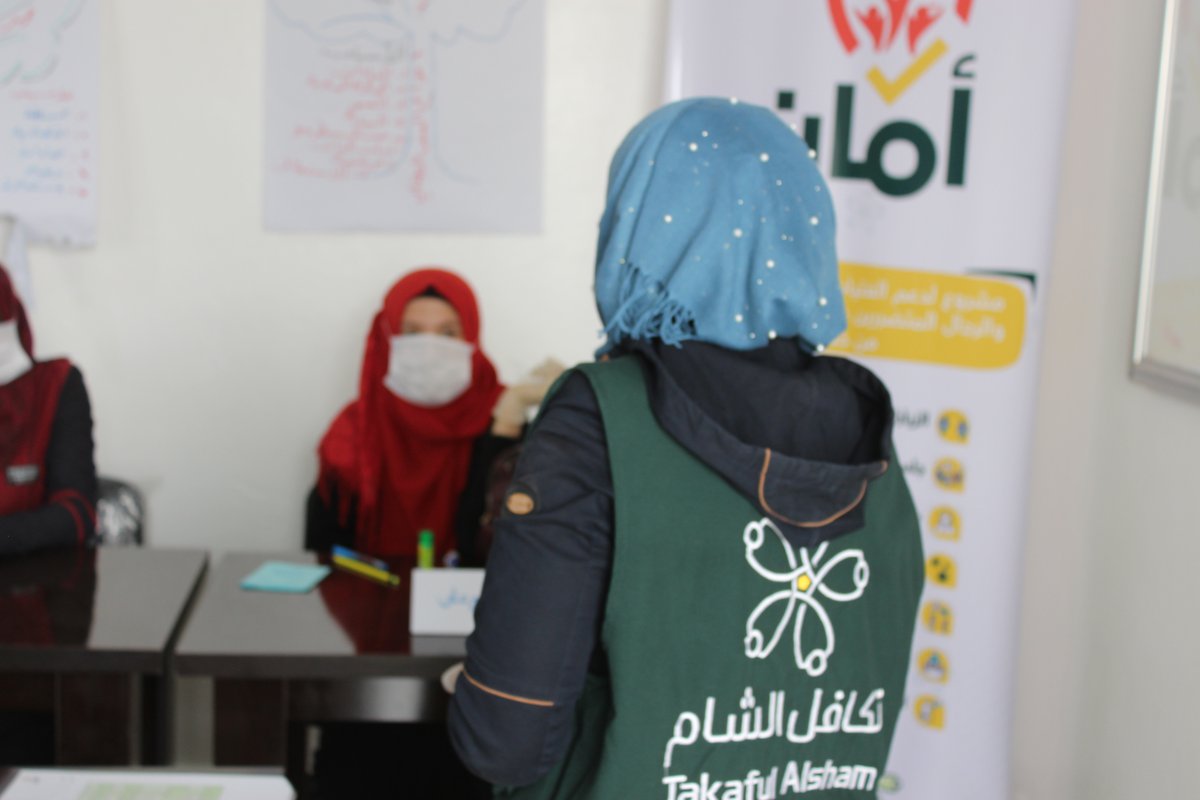
What has surprised you during the audit?
After finalising the initial audit, we received an audit report with a useful and clear analysis of areas of strengths and weaknesses. The areas for improvement are described well and the report strikes a balance between a general overview and in-depth insight into the current state of application of the CHS.
This helped us to create a detailed action plan to improve in the areas where weaknesses were pointed out. Not only on a policy level but on a practice level, too.
Further, the coordination with the auditors was very positive. The auditor was very attentive and aware of the time difference between where the auditor lives and where we are based. We were one of the first organisations that conducted the audit remotely due to COVID travel restrictions. The remote audit worked very well because the auditor could meet many people participating in our programmes virtually.
Finally, the coordination with HQAI worked well. They have a very cooperative team.
What were your major learnings from being certified against the CHS?
One of the major learnings was the issue of information sharing with and engagement of programme participants. After the audit pointed out weaknesses in both areas, we enhanced the engagement of the communities in decision-making and improved our overall accountability system. The communities became more familiar with our programmes and gained more knowledge of Takaful Alsham’s accountability mechanisms. Also, programme participants now know how to reach us if there are concerns. Another straightforward change was the development of a risk matrix in the financial department to better anticipate and react to changes.
Several weaknesses outlined in the report were already known to us but the benefit of the report was to underline their importance and to prioritise them.
We see another important change in trust: CHS certification helped us in proving our robust quality and accountability system while going through two new partnerships with donors. We always present the certification in donor meetings and we incorporate the certification mark and certificate in our external communication. Some donors do not know about the existence of CHS certification nor what it means to go through the process. We have recently gone through several donor assessments including USAID and Welthungerhilfe (WHH), and they showed confidence in our CHS certification.
Are members of the affected community reacting to any of the changes made since your CHS certification?
Our CHS certification is very recent. But we noted an increase in satisfaction of our programme participants with the way we share information and our accountability channels. Before the CHS certification, around 65-75% of the programme participants knew how to complain and since the implementation of changes, it increased to 90%. We certainly pay more attention to how we share information and set-up complaint channels since the audit.
How did your partners react to your CHS certification?
Takaful Alsham has only a couple of implementing partners and they did not know enough about the importance of the CHS before we engaged in the certification process. Therefore, we started with mainstreaming the CHS with our partners before entering the certification process. Many humanitarian workers and local humanitarian organisations know about SPHERE standards but do not know the CHS well. We believe that many other organisations would be interested in a third-party certification against the CHS. More than 100 organisations work in the Syrian response, so there needs to be better awareness about the CHS and CHS certification. Takaful Alsham uses its social media and other communication channels to explain to its peers about both.
Would you recommend other organisations to get certified?
Yes, I would recommend any organisation to go through CHS certification. Since organisations can apply to the Subsidy Fund that covers up to 90% of the costs of the audit, it is accessible to any organisation.
Other pages of interest to our readers:
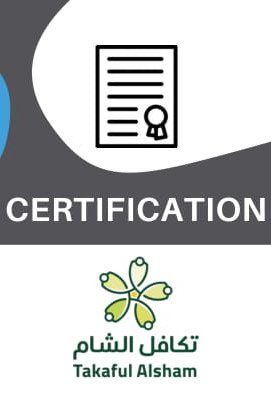
Takaful Alsham
Explore Takaful Alsham's profile and latest audit reports
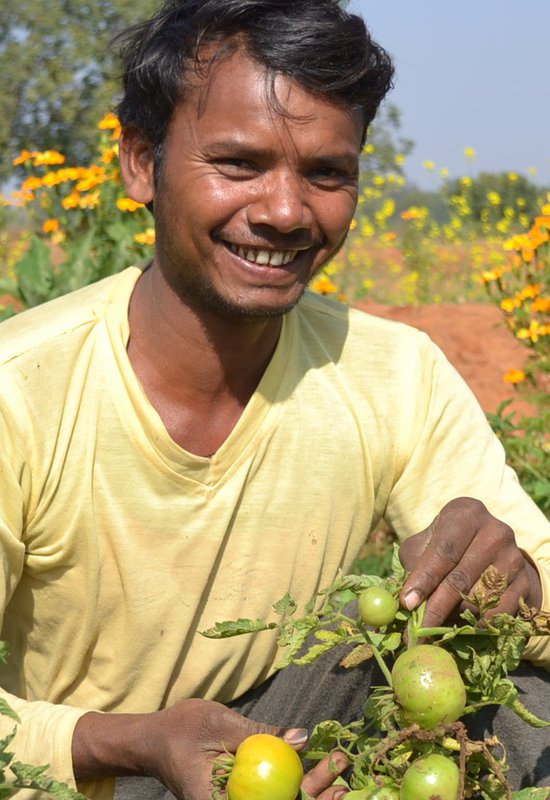
Subsidy Fund
HQAI makes sure its services remain relevant and accessible to the diverse organisations involved.
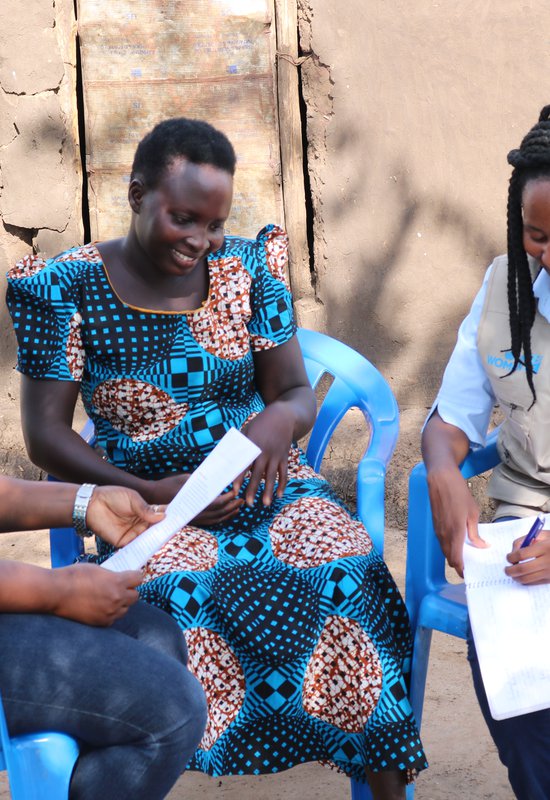
The Subsidy Fund is revolutionising organisations
TPO Uganda's take on independent verification against the CHS.
Category